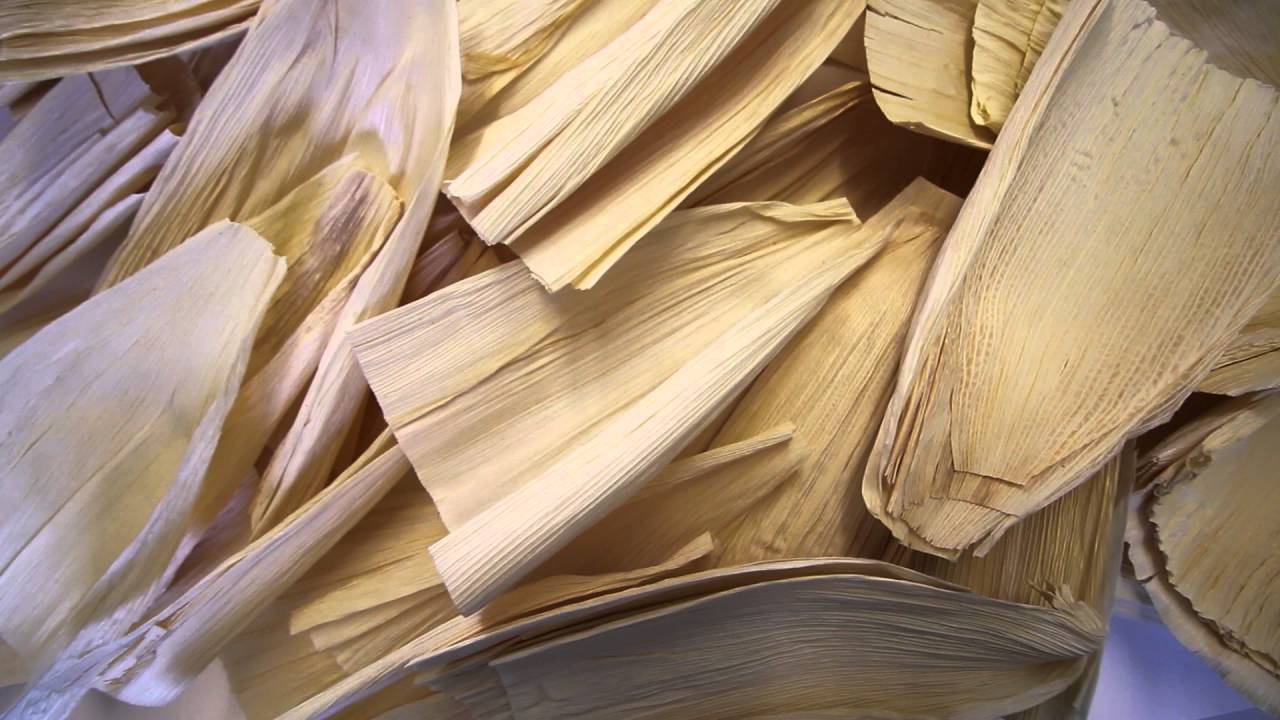
Byas, May 11 (Mila Darai): Pratima Shrestha of Byas Municipality-5 in Tanahun district can be an inspiring figure. Shrestha was busy making hats and handbags through corn husks alongside a group of around 10 women.
Wary of risks involved in a business that would generally require a big investment to compete in the market, she decided to utilise the local materials that are otherwise thrown up, while making money at the same time. Corn husks are in general of no use in villages except as fodder for domestic animals. Leftovers are thrown up.
And she is finding her calling in the job. ‘I am inspired and encouraged to make products through corn husks easily locally available,’ she said. It would be difficulties to make products by importing raw materials from foreign countries, as it requires big investments, she said.
‘Corn husks are easily available in villages. They are a waste except as fodder for domestic animals. We have utilised the leftovers. It is increasingly hard to manage the market for other products. But, we have engaged in the income-generating job that requires locally easily available raw materials to produce products,’ she said.
She is also aware about the current economic problems facing the country. The business of producing products like hats and handbags through locally available raw materials would help the country’s economy by exporting the products to foreign countries, she said.
Generally, raw materials are imported from foreign countries. Income generation by utilising locally available raw materials has encouraged her. Selling the locally available raw materials also generates incomes, she said.
In view of a possible scarcity of corn husks required to make the products, Om Rajshree Multi Agro Pvt. Ltd, Kathmandu has made the arrangements, she said. In the context of environmental pollution caused by the use of plastic bags, the use of corn husks is environment friendly, according to her.
‘The use of plastic-made materials are against the environment. Burning plastic releases toxic gases and substances that are responsible for deadly diseases like cancer. So, the use of the environment- friendly raw materials in making products has been effective,” she said, adding that the Company has assured about the market for the products.
Tara Silwal is also earning money from the job. She is much satisfied with the business. ‘People have asked me whether I have brought the handbags and hats made locally from corn husks from foreign countries. They have asked me to make such materials available to them. They have become excited and placed orders when I told them that I made the products. This has also led to increasing demand for the products,’ she said.
Kamala Shrestha is also engaged in the business. Lured by good incomes it has generated, many women of the village have been attracted to it, she shared.’Through the business, we have utilised our leisure time while earning money at the same time,’ she said.
On the initiatives of the Municipality-5, the Company has provided training on making products through corn husks to the women. Training on making hats and handbags through corn husks was the first of its kind in the entire Gandaki Province, claimed the ward chair Bishnu Kumar Shrestha (Himal).
Guided by the aim to help boost foreign exchange reserves, training on the business has been organised, he said. The products produced by the local women are exported to foreign countries, which would help increase foreign exchange reserves for the country, he said.
‘We must connect with productions made not only for the domestic market, but for the international market. We took this initiative to increase foreign exchange reserves. There is high demand for the products in Japan, Tunisia and Dubai. We will manage the exports to additional countries,’ he said.
He stressed the need for increasing exports so as to help with foreign exchange reserves of the country. ‘Corn husks are thrown away in villages in general. We can utilise the ‘wasted’ materials while drawing incomes. During the training session, local people collected and brought corn husks to us, and we purchased them,’ he said. It fetched Rs 145 per kg of corn husks for the villagers.
The trainees got Rs 1,200 each for making a halt from corn husks, and Rs 900 for a handbag. The Company has coordinated export the materials made by the trainees to foreign countries. It aims to expand the business to other 20 villages, and for that, more trainers would be produced, he said.
Women of the village were eager to learn about job skills, said trainer Sushila Barai Magar. ‘Enthusiasm and encouragement on their part has made it easier for me to coach them.’ She also provided training on job skills in other districts including Pyuthan, Gulmi, Palpa and Kanchanpur.
There is a high demands for the products in the domestic markets in tourist cities including Kathmandu and Pokhara. However, at present, their target market is foreign countries, said the ward chair Shrestha. Products like flowerpots, flower vases, and baskets made from corn husks are in high demand in foreign countries, the local leader said.
Comments